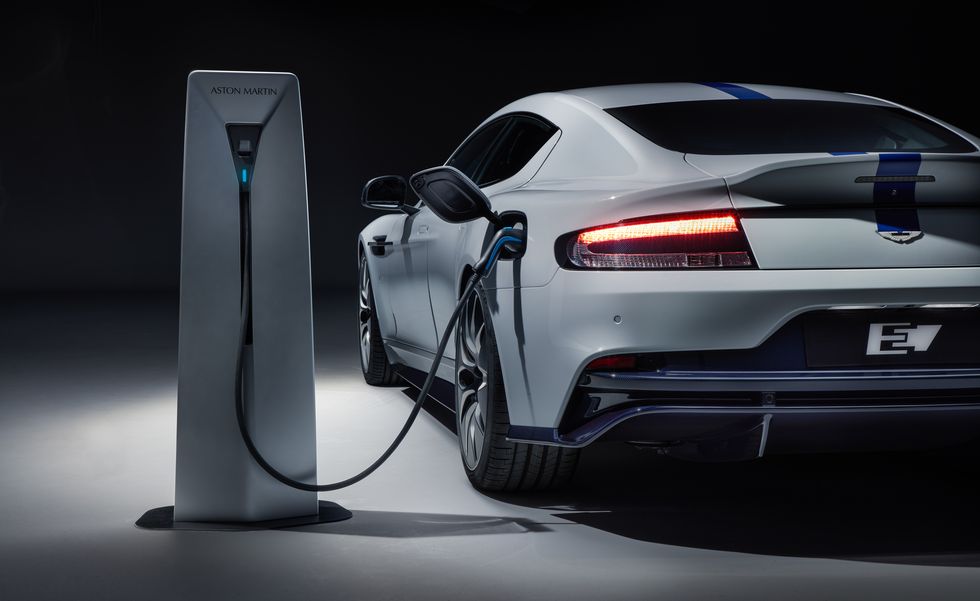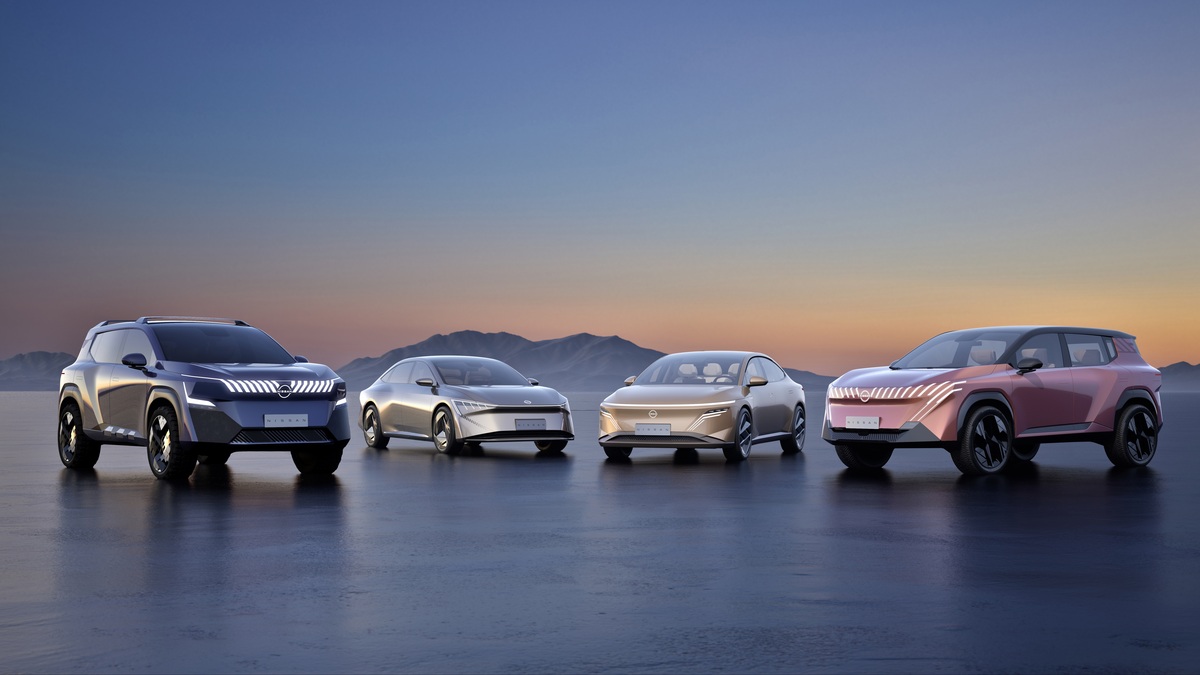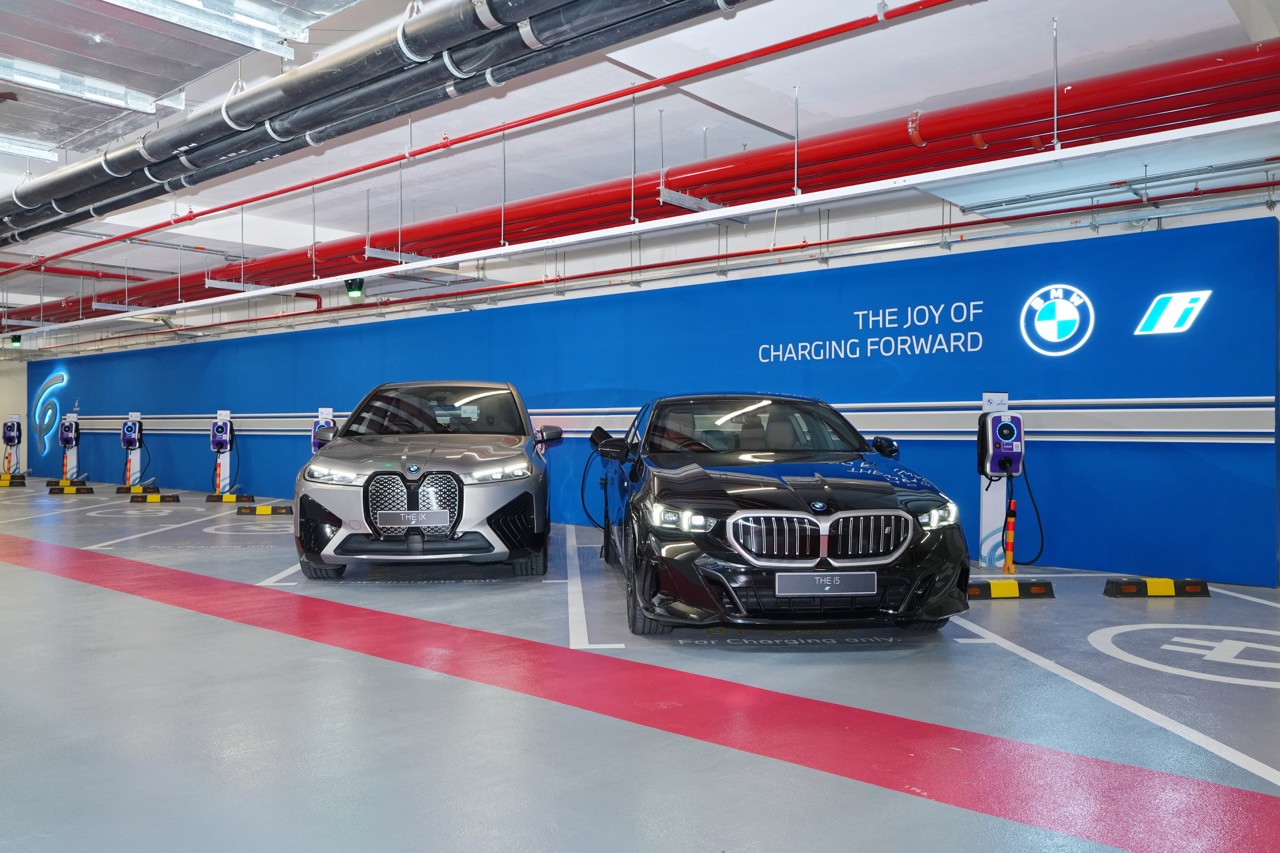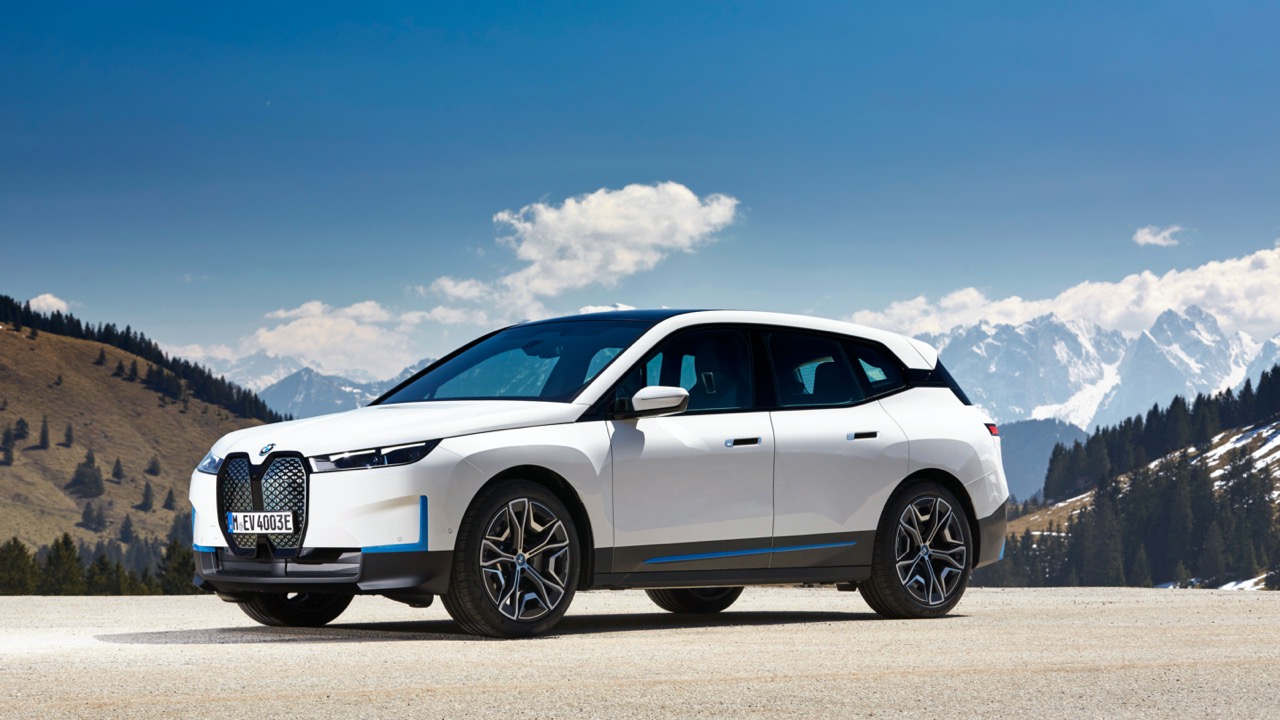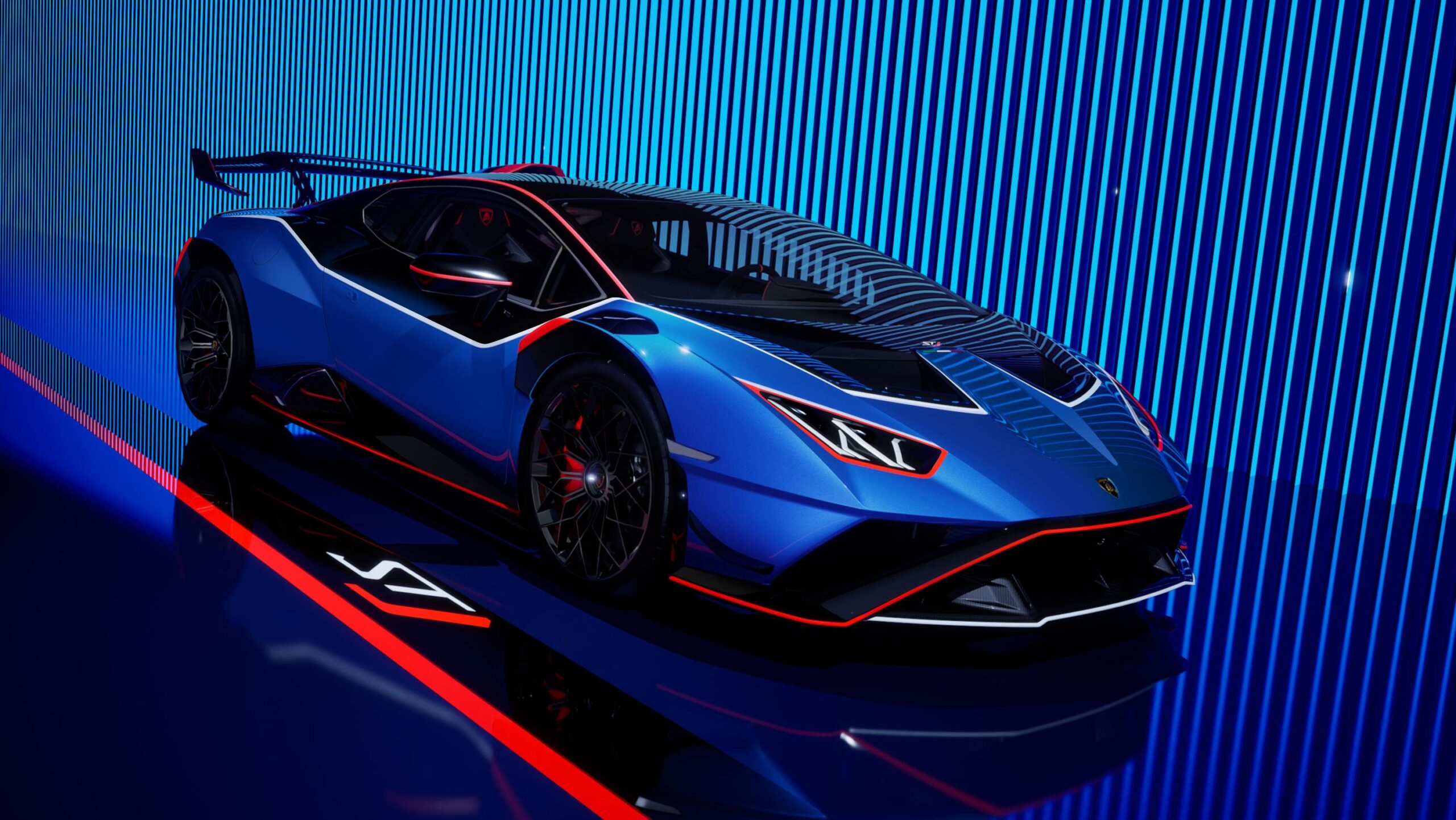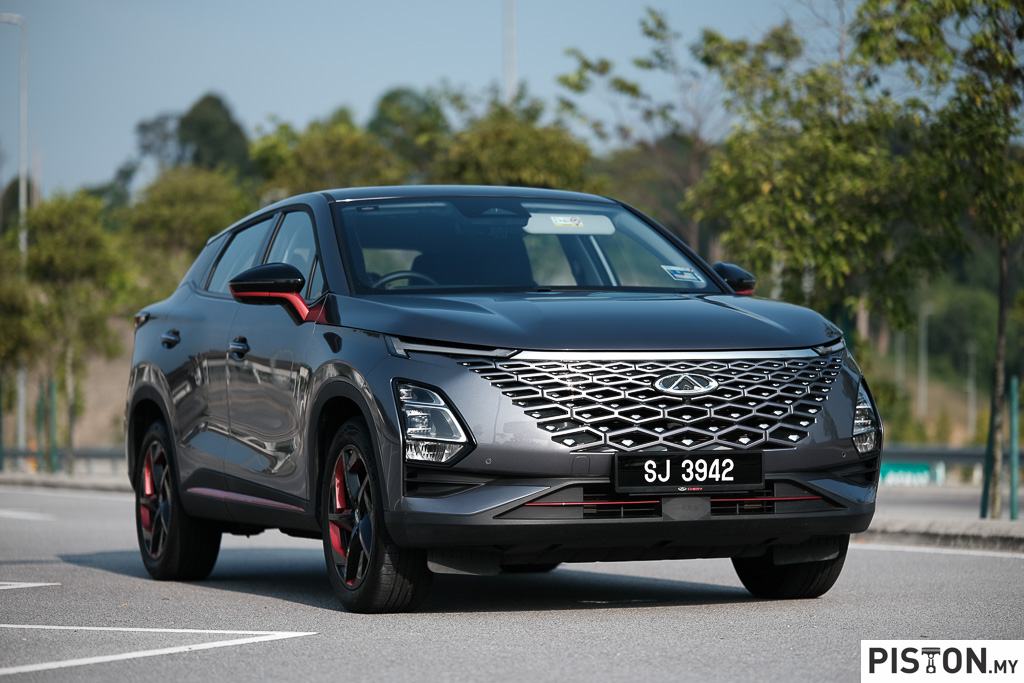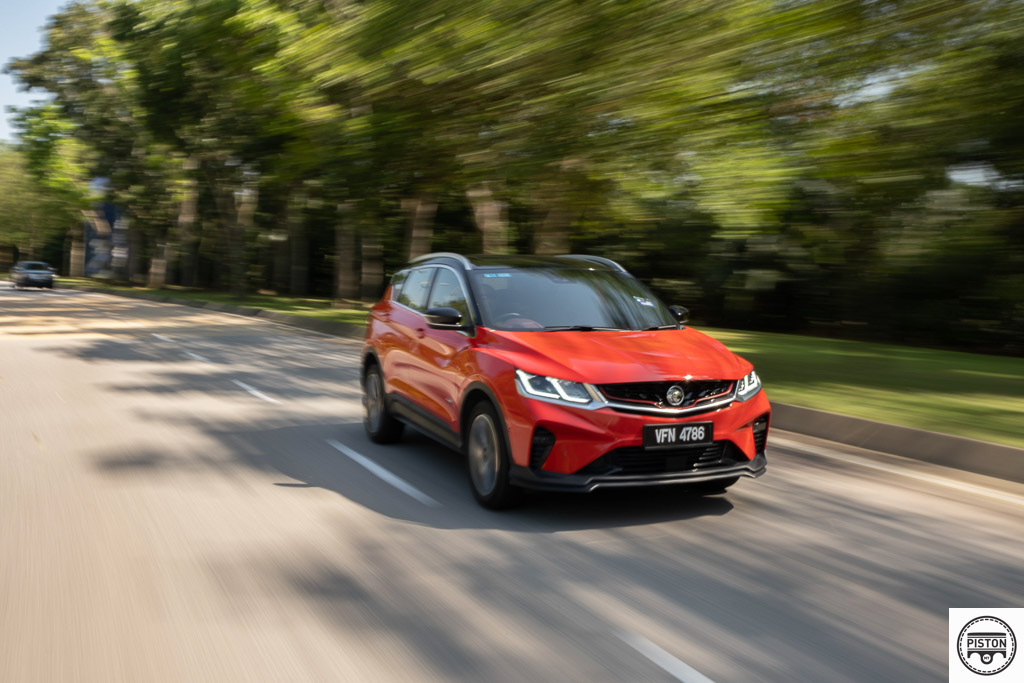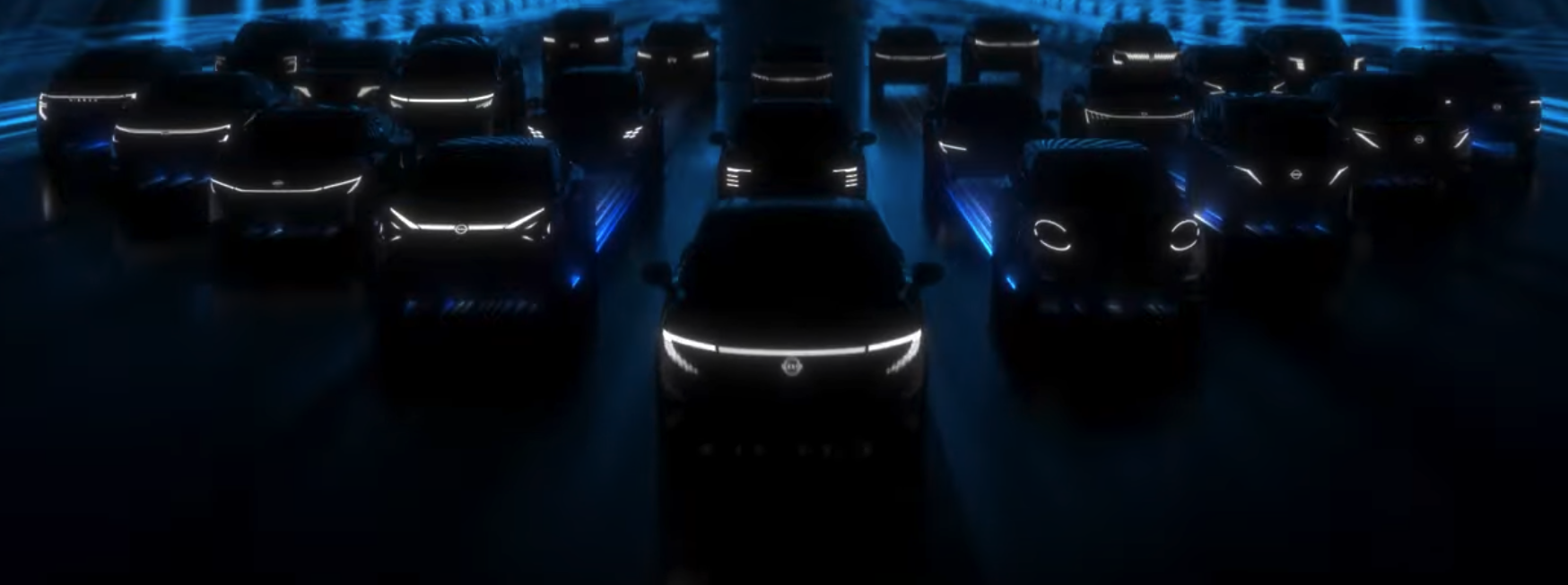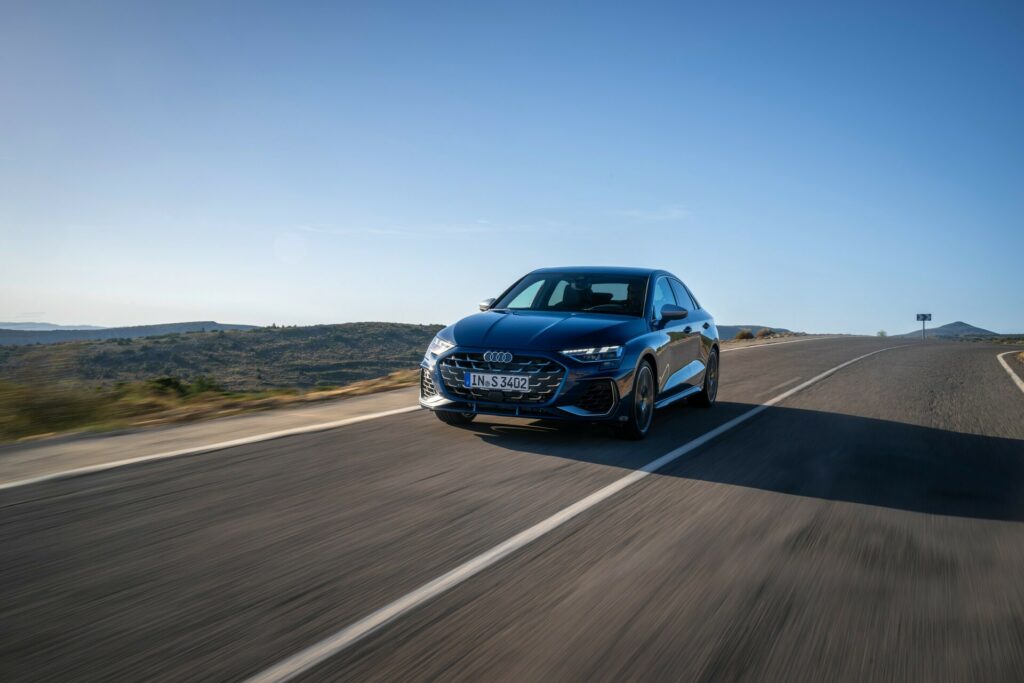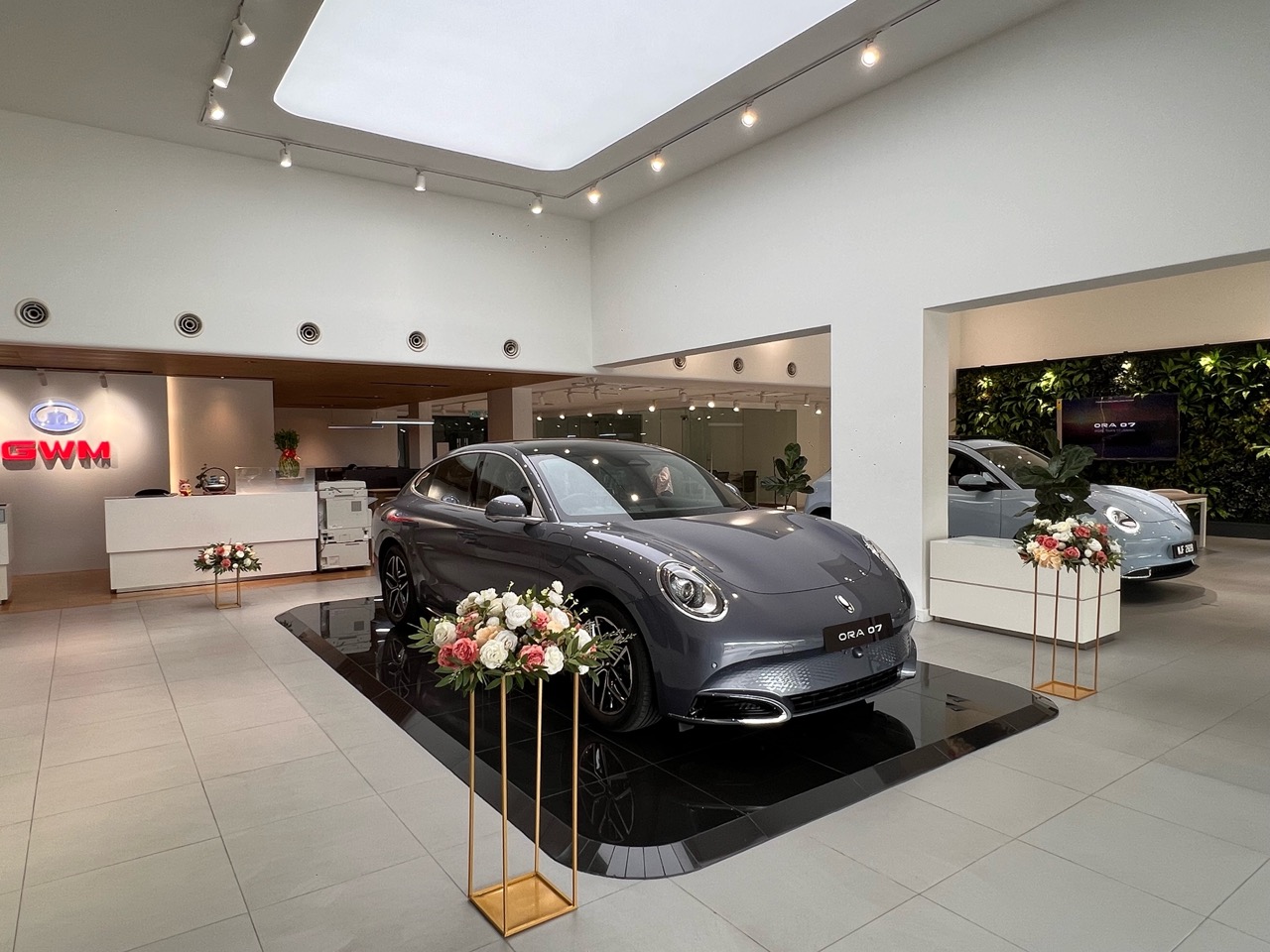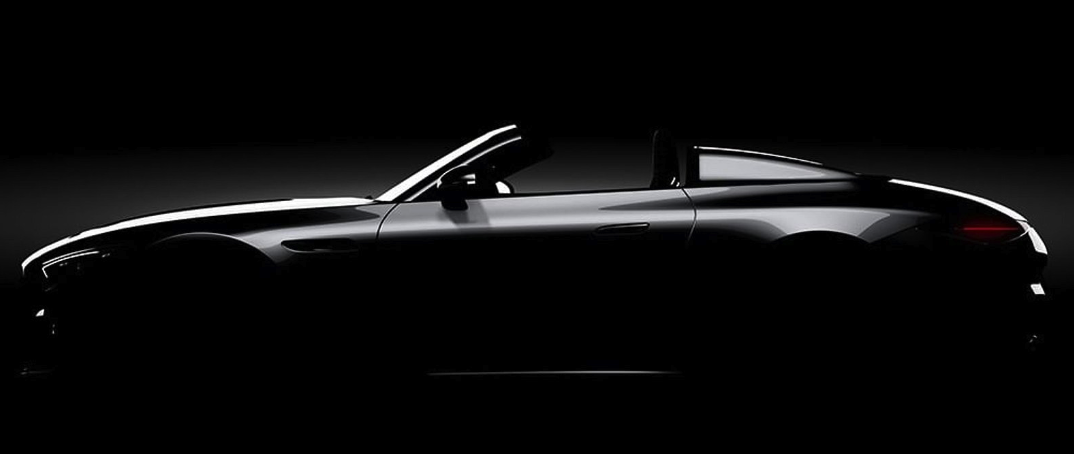Aston Martin intends to construct “ultra-luxury high-performance” electric vehicles (EVs) utilising Lucid’s electric motors, batteries, and other technology.
Similar to Rimac, which created batteries and other parts for Aston Martin, Koenigsegg, and other cars, this is Lucid’s first agreement to offer parts to other automakers. Lucid, an American electric vehicle company, recently released its own debut electric car, the Air.
Using Lucid’s exclusive electric powertrain technology, including its ultra-high performance twin motor drive unit, battery technology, and onboard “Wunderbox” charging mechanism, Aston Martin said it chose Lucid through a “competitive process” and did so. The technology will enable features like heat exchanger technology, torque vectoring, and a battery system with increased power.
Aston Martin cancelled its plans to produce an all-electric Rapide E in 2020, claiming that it wouldn’t roll out any EVs until it was “financially stable.” In 2020, Stroll, a Canadian billionaire who also owns the Aston Martin F1 team, acquired a 25% stake in the company. In contrast, Mercedes-Benz now owns 9.4% of Aston Martin and has previously stated that it intends to raise that ownership to 20% by 2023.
Aston Martin was given access to Mercedes-Benz’s hybrid and electric powertrains as part of that agreement, but it’s unclear how Lucid and Mercedes will work together. The F1 team for Aston Martin currently utilises a Mercedes-Benz engine, although Honda is the preferred choice starting in 2026.
When Aston Martin and LeEco first teamed up to construct an electric Rapide in 2015, LeEco withdrew due to its own financial difficulties. To complete the cycle, Jia Yueting, the creator of LeEco, was compelled to sell the company’s share in Lucid as a result of a liquidity difficulty.


